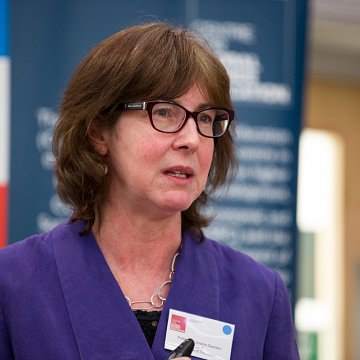PANEL: Covid-19 and the politics of tuition
- Lorraine Dearden, UCL Institute of Education
- Brian Pusser, University of Virginia
- Jussi Välimaa, Finnish Institute for Educational Research
- CHAIR: Simon Marginson, CGHE Director & University of Oxford
There are few issues more important in higher education than the politics of tuition. Is higher education primarily a private good or a public good? Should students pay during or after their degree because it generates lifelong benefits for them as individuals? Or is higher education better provided on the basis of no cost and universal access, like elementary education in many countries and health services in some? What about the tuition loan system where graduates repay the cost of their education when their income reaches a threshold level? What are the effects of tuition fees on access? Does market competition between institutions raise or lower the quality of higher education overall? These are ongoing issues in many countries. Over many years students in Germany and Mexico have successfully resisted a tuition fee system. In Finland and Denmark tuition is free for local students but international students must pay. Higher education in China charges fees but also applies public subsidies, with students in elite institutions receiving more government support than others. Australia and the UK moved from free higher education to income contingent tuition loans repaid from later earnings. In the United States a market model applies, with sharply varying levels of tuition according to status of institution, but there are also subsidies for some students in high cost institutions.
Now the Covid-19 pandemic is shaking up the politics of educational participation and student tuition everywhere. When unemployment is high the opportunity cost of enrolment in education is reduced, suggesting this is the best time to do a degree, but many do not see it that way. Because students have less opportunities to work they have less capacity to support themselves while studying. In fee paying countries where the only option is online education there is pressure to discount tuition charges, though institutional costs may not have fallen much. In high tuition countries enrolment could fall dramatically and students from lower income families will be worst affected. In free education countries, given the state of public finances, graduate unemployment and the need to fund social and economic recovery, there will be renewed pressure from economic ministries to levy fees on local as well as foreign students. Will the pandemic lead to a reassertion of the role of higher education as a resource for social development and economic renewal? Or will higher education become politically marginalised and pushed towards higher tuition and social polarisation between those who can afford to invest and those who are excluded?




